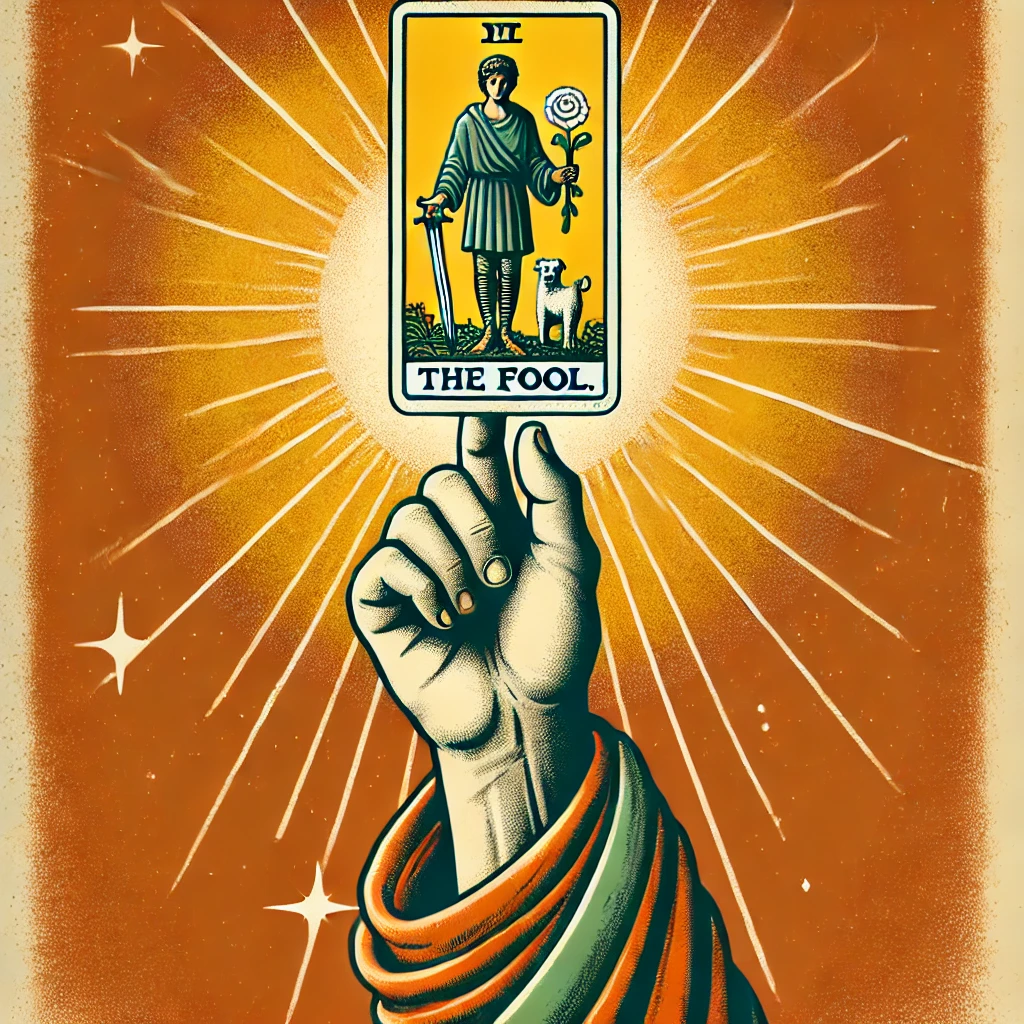There are seasons when a person wakes and cannot find the thread. Life continues—meals are made, the job is done—but something has slipped beneath the surface. The days feel flattened. Conversations do not quite land. Beauty, once so near, seems far off. And yet nothing is obviously wrong. In fact, many things may be going well.
This quiet unraveling has a name in Jungian psychology: a loss of meaning. Not dramatic, not always visible from the outside, but deeply felt. Jung once said that a third of his patients were not suffering from any clear disorder, but from the aimlessness of their lives. The ache of a soul no longer touched by meaning.
In such moments, the psyche is not malfunctioning. It is speaking. It is drawing attention to a life that may have drifted from its inner source. Modern culture offers many ways to mute that voice. Distraction is easy to find. But the soul does not respond to entertainment. It asks for contact, depth, and a certain slowness.
The symptoms that arise—fatigue, irritability, a sense of emptiness—can be confusing. They do not point to a single event or trauma. They hover. And because they cannot be solved through logic, they often grow more persistent when ignored.
Rather than treating these symptoms as problems to fix, Jungian thought suggests we treat them as thresholds. A person does not lose energy for no reason. Somewhere, a shift is underway. Something no longer fits. Some part of the life being lived is no longer aligned with the deeper pattern seeking expression.
These moments of difficulty are often filled with contradiction. A choice appears, but neither option feels quite right. A direction is needed, but clarity will not come. Jung called this the tension of opposites. The invitation is not to resolve the tension too quickly, but to hold it. To allow a third thing to arise—not a compromise, but a new perspective shaped by the struggle itself.
There are myths that speak of wounds that never close. The Fisher King in the Grail legend. Chiron, the healer who cannot heal his own pain. These stories are not about failure. They carry the truth that some wounds belong to the soul’s path. They remain as reminders of what matters. Of what has shaped the inner life. Of the deeper work still unfolding.
Suffering, in this view, is not something to be eliminated. It has a function. It brings awareness. It draws energy inward. It turns the attention from the outer world toward the inner world. In this turning, something essential can be felt again.
Jung wrote that neurosis is often the result of refusing authentic suffering. Not pain for its own sake, but the kind of suffering that demands change. The kind that brings growth. When a person avoids this, the soul finds other ways to speak—through anxiety, illness, or restlessness.
Meaning is not found in large declarations. It appears in small moments. A dream. A passing image. A memory that suddenly returns with force. The psyche does not shout. It moves in symbols, in gestures, in the quiet recognition that something wants to be lived more fully.
To work with this material is to approach life more slowly. To listen with care. To notice what draws the breath deeper. What stirs longing. What feels alive, even if it does not yet make sense.
The gods, Jung said, once lived on Olympus. But now they live in the soul. They appear in moods, in dreams, in those moments when life no longer follows our plans. When ignored, they bring illness. When honored, they renew the spirit. Their presence is not confirmed through belief, but through experience.
In this light, even the most ordinary difficulties can carry deep significance. A restlessness at work. A subtle shift in relationships. A persistent sense that something more is needed. These are not faults. They are signals. They mark a place where meaning waits to be discovered again.
The turning point comes not through effort, but through attention. A willingness to remain present. A willingness to not know for a while. In this space, the old shape of life dissolves, and a new one slowly forms. Not because we forced it, but because we listened.
James Hollis, who speaks with clarity and depth on these matters, reminds us that it is through suffering that real change begins. Not always quickly. Not always clearly. But with a steady movement toward the life the soul has been waiting to live.
Tim – Soulful Nuggets Team
This blog is a reflection on the course ‘Introduction to Jungian Psychology‘ taught by James Hollis .





